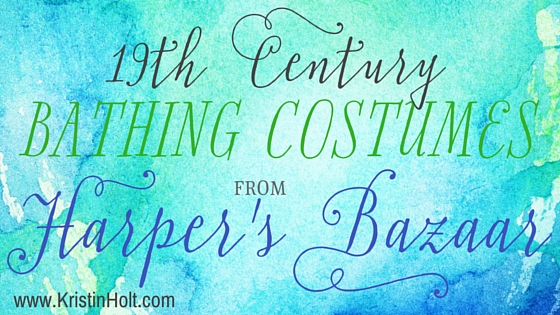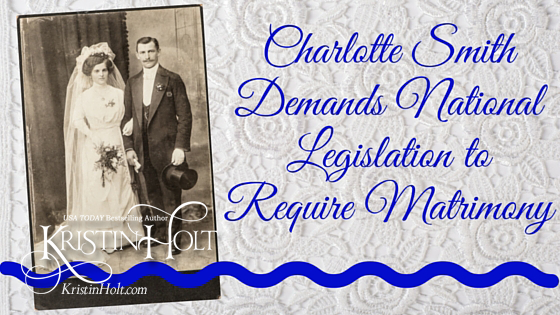
by Kristin Holt | Jun 26, 2017 | Articles
Behind the 19th century soda fountain counter, “baristas” known as Dispensers or Soda Men, knew a tremendous amount about customer service, the making of an ever-growing list of beverages, and the care and use of operating the soda apparatus. While other trained men mixed syrups, compounded recipes for everything from soda water to flavorings to syrups, and cleaned and repaired the machines, this article focuses on the Soda Men and their key role in the success of a Victorian-American Soda Fountain. This post is filled with primary-source recipes, tips for excellent customer service, and instructions to properly pour a soda water or ice cream soda.

by Kristin Holt | Aug 11, 2016 | Articles
Harper’s Bazar (also spelled ‘Bazaar’, later on) is a Ladies Magazine founded in the Victorian Era. This article highlights bathing costumes (swimming suits) featured in Harper’s Bazar from the 1870s through early 1890s.

by Kristin Holt | May 9, 2016 | Articles
I endorse newspaper articles as an original source in researching Victorian-era America. Yet while I trust–for the most part–newspaper articles to be a reasonable representation of attitudes, circumstances, happenings, and differing opinions, I’m well aware that not everything in print is fact…at least as presented.
I came across newspaper articles mentioning Mrs. Charlotte Smith, presented as a rather ridiculous woman seeking legislation to force marriage upon the matrimony unencumbered. Three such articles follow, all of which are from credible, well-respected newspapers of the late nineteenth century. At the bottom, I’ll share more of who Mrs. Charlotte Smith was, the platforms she supported, the work she did–and cast an entirely different light on her nature than these newspaper reporters suggest.

by Kristin Holt | Aug 6, 2015 | Articles
Frederick Henry Harvey recognized a need along the railway lines–good quality food, comfortable accommodations, and sterling service. He’d worked as a mail clerk on the railroad and discovering the unmet needs of travelers, opened his restaurant business in the 1870’s. By 1883, he replaced male waiters with young ladies whose impeccable appearance and gracious service increased Harvey’s business from local men. Courtships ensued (restricted to the “courting parlor” in the women’s dormitories), marriage occurred–but not until the minimum of one year of service to the company was met. Fred Harvey is credited with much more than quality food and entrepreneurship in the Southwest, he single-handedly brought about the civilizing of the west by importing more “brides” than any other “agency”.












